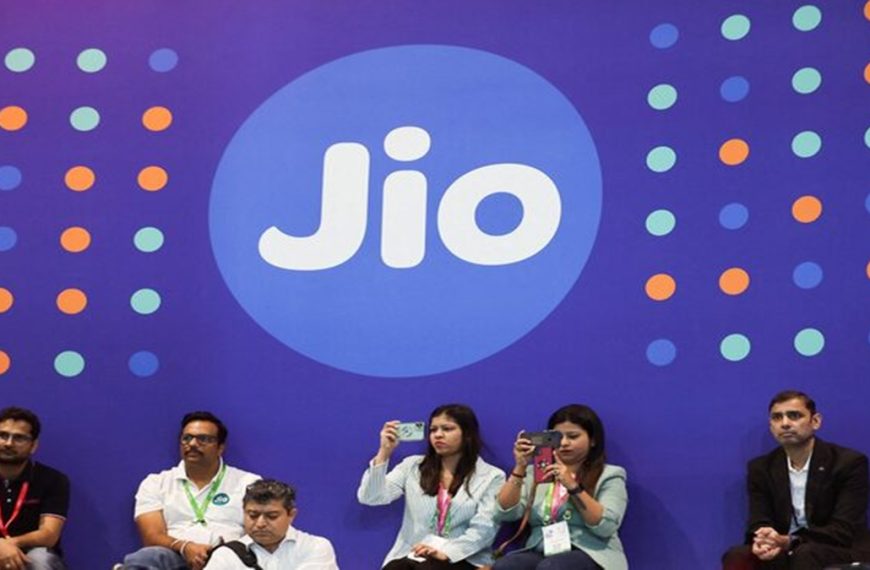Samsung Electronics, a prominent player in the global electronics market, is set to bolster its manufacturing capabilities in India with a substantial investment of ₹1,000 crore in its Sriperumbudur facility, located near Chennai. This commitment underscores the company’s trust in the skilled workforce of Tamil Nadu, as highlighted by state industries minister TRB Rajaa during a recent assembly session.
Boosting Employment and Production
According to sources from Samsung India, a considerable portion of this new funding will be allocated to expanding the plant’s workforce. Currently, the Sriperumbudur plant employs over 2,000 individuals and is responsible for manufacturing a wide array of consumer electronics, such as televisions, washing machines, and air conditioners. This facility is vital to Samsung’s operations in India, generating nearly one-third of the company’s impressive $12 billion revenue for the fiscal year 2023.
- Key Products: Televisions, washing machines, air conditioners
- Current Workforce: Over 2,000 employees
- Revenue Contribution: Approximately $4 billion
Ongoing Labor Challenges
Despite this new investment, the Sriperumbudur facility is currently facing labor unrest. Recently, members of the Samsung India Workers’ Union (SIWU) organized protests in Sungavarchatram, advocating for various issues such as the reinstatement of 23 suspended workers, adherence to a previously established wage agreement, and the institution of a five-day work week.
The SIWU, supported by the Centre of Indian Trade Unions (CITU), has issued a fresh notice for a strike this month, just weeks after concluding a month-long strike on March 7. The suspensions in question occurred during the earlier labor action, which saw workers demanding improved wages, better working conditions, and official recognition of their union.
Historical Context of Labor Tensions
Labor disputes at the Samsung facility began to escalate in September 2024, when over 1,200 employees initiated a sit-in protest. Their demands included enhanced pay and working conditions, as well as formal recognition of the SIWU, which was not registered at that time. This strike concluded on October 16 after extensive negotiations with state officials and ministers, allowing workers to return to their posts the following day.
As Samsung continues to invest in its operations in Tamil Nadu, the resolution of these labor issues will be crucial not only for the company’s growth but also for maintaining a stable workforce that can support its ambitious production goals.











